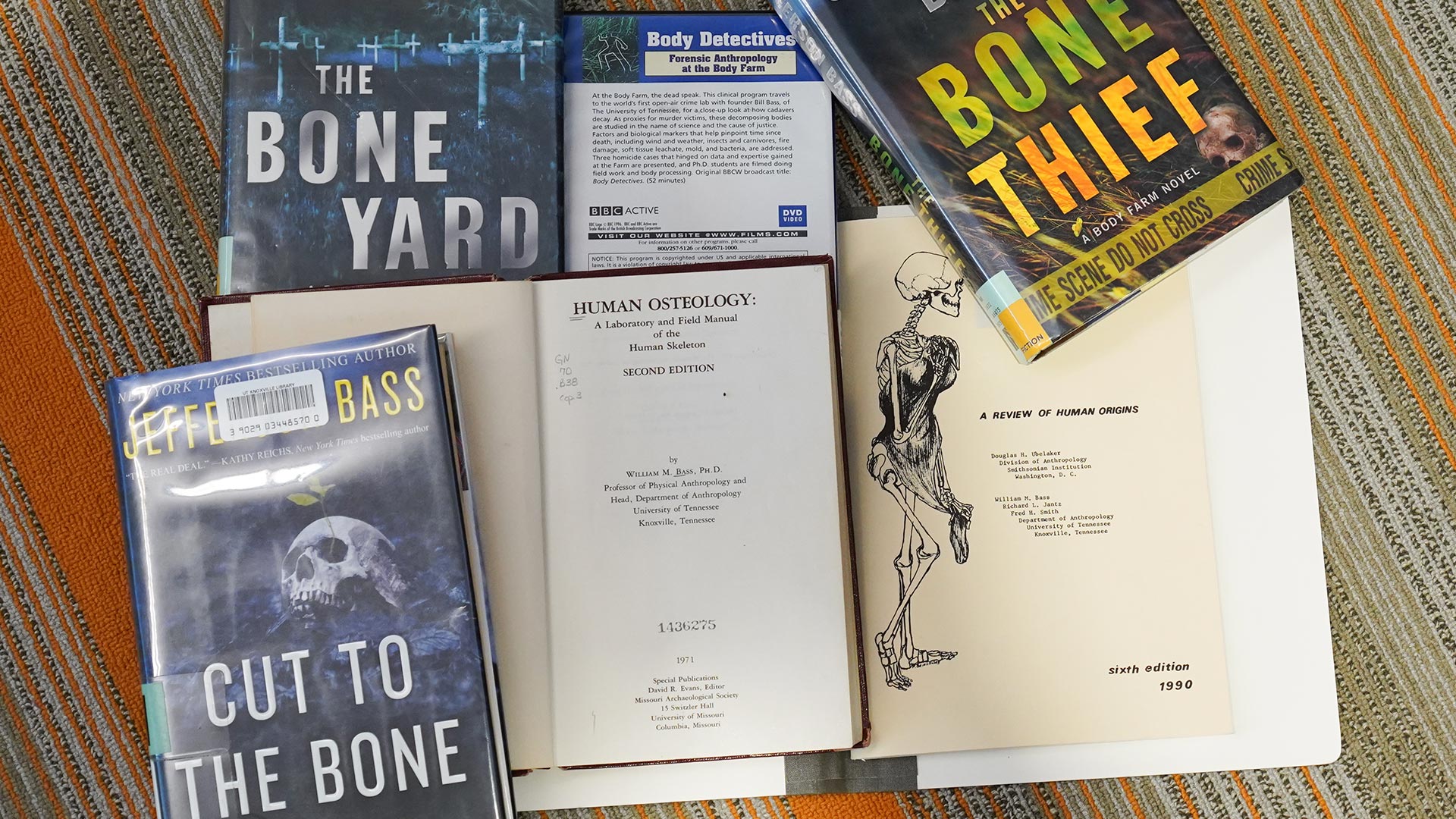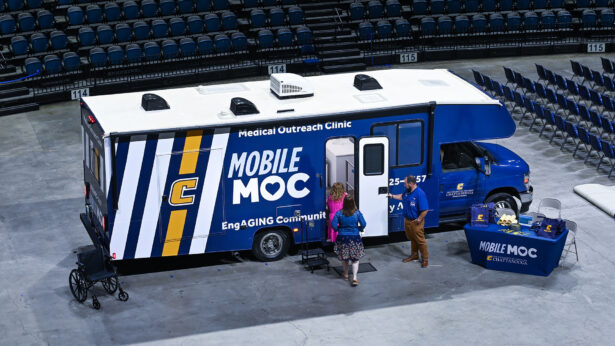
University of Tennessee, Knoxville, Professor Emeritus William Bass etched his name into Tennessee history books by creating the world’s first laboratory for decomposition research in 1981. The Anthropological Research Facility, perhaps better known as the Body Farm, allows forensic anthropologists and their students to learn how to solve criminal and medical cases concerning the dead.
Before his historic establishment, Bass worked for the Smithsonian Institution in Washington, D.C., focusing on cataloging skeletal remains. Additionally, Bass worked as an anthropologist in South Dakota and also served as a professor at the University of Kansas and the University of Nebraska. Bass began his time with UT in 1971 as the head of the anthropology department in the College of Arts and Sciences.
At the UT Knoxville facility, researchers use donated human remains to study the effects and timetable of decomposition on the human body in various environments on the 2-acre compound. Bass’s creation has benefited law enforcement and the anthropological community by allowing them to determine the time and cause of death of a person.
Aside from his contributions to real criminal cases, Bass’s scientific discoveries also have lent themselves to solving some fictional crimes. Bass and his co-author Jon Jefferson (who wrote together under the pen name Jefferson Bass) published 12 fictional Body Farm novels that pull from Bass’s real-life experience as an anthropologist.
Bass served as the head of the anthropology department from 1971 to 1992 before moving to the role of director of the Forensic Anthropology Center from 1992 to 1998. After his retirement, Bass has continued to consult on research and serve as a guest lecturer.
In 2011, Bass donated his entire collection of research, field notes and teaching materials to the University of Tennessee, Knoxville to be preserved and made available, including online, for others to study.
From the Archives
While the Fall 2024 issue focuses on cutting-edge research, the University of Tennessee System has long been a pioneer in scientific discovery. The Summer 1999 issue of Tennessee Alumnus highlighted UT’s leadership in airbag safety research.
This issue features research from UT Knoxville’s Engineering Institute for Trauma and Injury Prevention, where Tyler Kress, institute principal scientist and assistant professor, studied airbag-deployed injuries by inventing state-of-the-art synthetic bones for use in test dummies. This groundbreaking work, along with specific research into eye injuries, earned the institute a national reputation as a leader in airbag safety research. The researchers’ efforts led to the development of modern “smart” airbags, which can sense a driver’s position, weight, height and proximity to the dashboard. Today, this innovative UT research project has been incorporated into a modern version in all cars.
Our Tennessee was published as the Tennessee Alumnus from 1917 to 2020. Scanned archives of past issues of the magazine can be accessed online through UT Knoxville’s Digital Collections Library.




